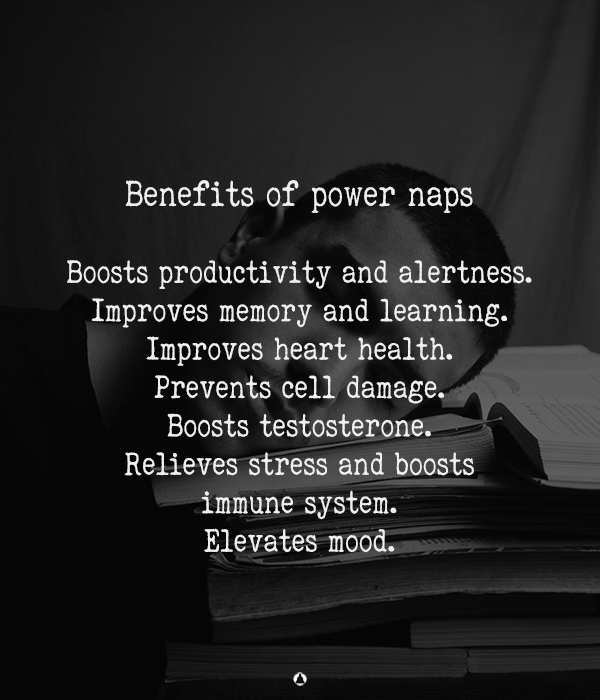Naps. In today’s fast-paced and chaotic world, naps are one of the most underrated activities. It seems as though we no longer have time for naps. We are constantly rushing somewhere, trying to squeeze in as many tasks as possible in just 24 hours, thinking that the busier we are, the more productive we are and the more we achieve. Well, bad news.
We’ve been all living a lie.
Creativity and productivity don’t just appear in a blink of an eye.
It takes much more effort than just hard work. And believe it or not, one of those things is also sleeping. Yes, a-ha, you read it right. It’s incredible how beneficial napping can be for you if you practice it often.
According to numerous research and studies over the years, napping not only relaxes, but it also boosts our brain and heart health, it improves our memory, our reaction time, and our perceptual, statistical and objects learning. It treats chronic fatigue, strengthens our logical thinking skills, increases our alertness, and enhances our performance.
In other words, sleep is the real fountain of youth. And that’s not all. Proper sleeping also alleviates stress, keeps our hearts healthy, helps us avoid gaining excess weight, and lowers blood pressure.
According to the National Sleep Foundation, there are three different categories of naps:
-Planned napping(preparatory napping) is going to bed and taking a nap before we are actually sleepy. These type of naps helps us prevent tiredness and have a proper rest when we know that we’ll most likely be up longer than our usual bedtime.
-Habitual napping is what we do at night. This is a nap that we take each day around the same time. Youngsters have a habit of easily falling asleep at the same time every afternoon, while some adults are much more into taking short naps right after lunch or early dinner.
-Emergency napping occurs when we’re overly exhausted and we cannot continue working or functioning properly. Eyes closing, yawning, extreme fatigue are just some of the signs that our body desperately needs rest. And it needs it as soon as possible.
What’s even more fascinating is that in 1995, NASA came forward with a groundbreaking study. They analyzed the effects of 747 pilots taking naps for about 40 minutes a day and found performance improvements from 16% in median reaction time to 34% in lapses compared to the No-Rest Group.
Other studies from 2008, proved that napping actually works more efficiently in improving mental functioning than the almighty caffeine.
All things considered, regular napping is the best thing you can do for yourself:
Here is a chart of how the time you use napping benefits you:
20 minutes nap – it enhances your memory, improves your motor skills, and boosts your mental alertness.
20-30 minute nap – it boosts memory and awakens creativity.
30-60 minute nap – it helps you in the decision-making process and improves your memory.
60-90 minute nap – it helps you get into REM sleep or better known the deep sleep during which your eyes and muscles make small movements. This is also known as the “rapid eye movement” phase. This type of nap helps you reset your brain and affects your decision-making abilities.
So, there you have it. Now that you know, stop wasting your free time scrolling your phone. Jump into bed and let both your body and mind relax…



